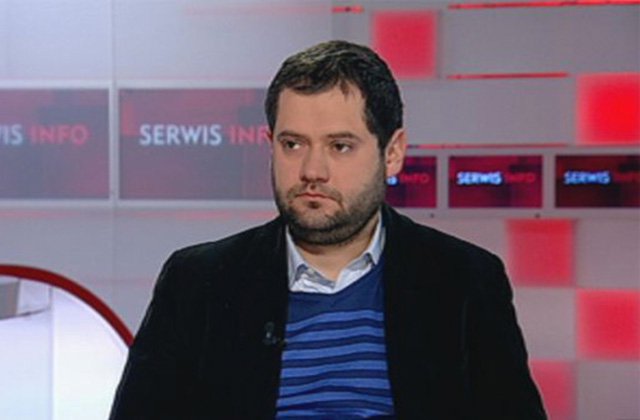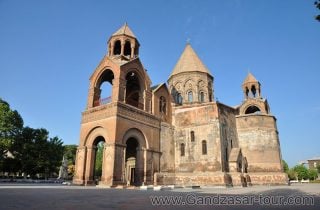“Are Armenia’s authorities really interested in deepening cooperation with the EU?”

Interview with Konrad Zasztowt, political analyst at Polish Institute of International Relations (Warsaw).
Mr. Zasztowt, this year Armenia-EU Comprehensive and Enhanced Partnership Agreement was initialed in March. Signing of the document is planned in November 2017 at EaP Summit in Brussels. In your opinion what opportunities does this agreement provide to Armenia?
After “strategic break” in relations between Armenia and the European Union (EU) i.e. after 2013 this new document is another opportunity for Yerevan to raise cooperation with the EU to a new level. What is the most important here? At least partially borrowing European criteria, adopting democracy components, is an opportunity to gradually change the country.
The fact that Armenia became a member of Eurasian Economic Union (EAEU) formerly prevented adoption of total variant of the Association Agreement (AA) together with the economic component (DCFTA). Currently the EU provided Armenia the opportunity to choose and adopt only some components of DCFTA.
Of course, if we observe neighboring Georgia somewhat leader among EaP member states in the field of pro-European reforms, although DCFTA agreement functions there, no revolution was recorded in its economy. Georgia’s indices aren’t so impressive if we observe trade turnover of that country and those of the EU member states.
However, that project is planned for long years. Even if results aren’t yet visible, the state, which is going to integrate into European or global market, sooner or later records positive results. In case of your country, of course, the issue still exists whether Armenia’s incumbent authorities are really interested in the initiative to deepen cooperation with the EU or after discredit of 2013 this is an attempt to improve Armenia’s ranking.
Armenia’s officials claim this new document repeats all points of AA, besides the economic one, on account of Armenia’s membership to EAEU. However, the new agreement hasn’t been published yet. In your opinion, what’s the agreement like, are surprises expected?
As you said the agreement hasn’t been published yet, but we more or less know what it’ll enshrine. Some components of DCFTA should be maintained, even if establishment of DCFTA lacks. However, the most important is what Armenia’s authorities will do with that document. Will Armenia’s authorities use those opportunities or will consider it a diplomatic success, which has no connection to Armenia’s internal situation?
Armenia hopes to launch talks on visa liberalization with the EU, as it was decided earlier in Riga. To your mind, when will it be possible to launch those negotiations and under which circumstances can an agreement be reached?
The EU clearly mentioned the peculiar conditions, in case of satisfying which the country may have visa free regime. However, on the other hand, it’s a “trophy” for pro-European policy, implementation of reforms, establishment of democracy.
I consider Armenia may be accessed visa free regime, however, not in near future. Yerevan should prove that it’s capable of modernizing the country, creating firm ground for democracy, human rights and rule of law, approach governance system structure to the EU criteria.
The EU plans to sign an agreement with Azerbaijan as well. What that document will be like?
As for Azerbaijan, it’s very important that Baku adopted international principles of trade system, including membership to WTO. Only after it it’ll be possible to take step toward rapprochement with the EU.
If finally both Armenia and Azerbaijan sign cooperation agreements with the EU, what impact will it have on the situation in the region?
Of course, in case of both Armenia and Azerbaijan other issues are important: regional security, Karabakh conflict. The EU, by signing any cooperation document with Yerevan or Baku, has hopes to maintain at least certain leverages of influence and prevent conflict escalation. Of course, unfortunately Brussels has not so many leverages over the parties to the conflict.
By Gayane Khachatryan

























